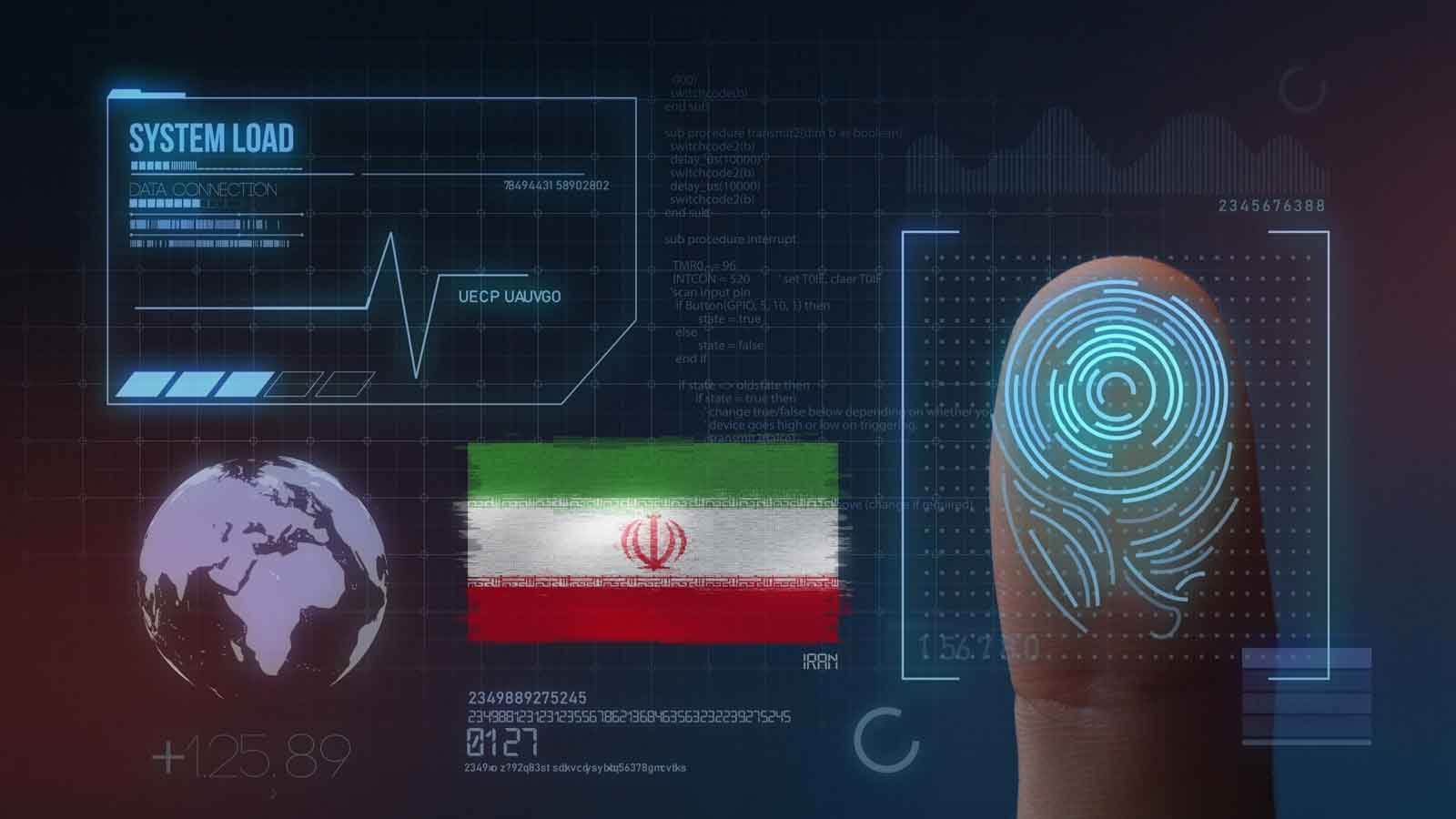Digitalization is a concept that is increasingly permeating everyday life. This was particularly demonstrated by the Covid-19 pandemic, which unexpectedly accelerated some processes. Remote work, education at home, and even greater demand for online shopping. These are all key trends that have taken hold in various corners of the world, and it seems that they will be normalized with each passing year.
The situation is particularly interesting in GCC countries, where the last decade has been marked by digitalization. From a region adapting to modern technology, the Arab countries are poised to become a breeding ground for local innovators and a mine of talent.
Table of Contents:
1. What factors are in favor of digital transformation in GCC countries?
2. What innovative technologies need investment in the face of digital transformation journey?
2.2. Internet of Things (IoT).
2.4. Artificial intelligence & Machine Learning.
2.6. Augmented reality (AR) and virtual reality (VR).
3. What challenges GCC countries face in opening up to digitalization?
4. Railwaymen as an experienced partner in providing modern digital services.
What factors are in favor of digital transformation in GCC countries?
Digital transformation in the GCC region is also an opportunity for higher revenues to the regional GDP. The hope is to open up to digitalization. Recent years in the Arab countries have seen investment in digital infrastructure, opening up to administration via the Internet, and the creation of modern technology parks. Demographics may also prove helpful in digitalization, as among the 58.56 million people, about 50% are under the age of 25. These are the main consumers of digital content, for whom operating a smartphone and adapting to new technologies are not an issue.
![]()
What innovative technologies need investment in the face of digital transformation journey?
Countries in the Gulf Cooperation Council are striving to adapt the technologies they use to the coming digital transformation. Investments are in the following areas:
5G
5G mobile networks are the objects of interest for quite a few countries around the world. This cutting-edge technology makes it possible to achieve faster Internet speeds than ever before. What's more, the next generation of wireless networks guarantees lower delays than is the case now. Also, after 5G networks are deployed, more devices will be able to use a single Internet source without sacrificing quality and performance. This investment is a real digital revolution that awaits the various sectors: government, automation of the energy and fuel industry, healthcare, automotive and the concept of smart metropolitan areas.
Internet of Things (IoT)
Another area of economic growth for GCC countries is the development of technology in the retail area. Advances in personalized shopping and any recommendations from existing searches are the future that awaits online shopping among countries within the Persian Gulf. Such a solution not only affects sales results, but also offers consumers all the products they expect.
Cloud computing
The transfer of funds for the development of cloud computing has aroused intense discussion among many people. It's all due to the data security concerns that come with storing the sensitive details on a server, rather than in the device's memory as before. The popularization of this solution is due in part to the response to digital disruption and the desire to be closer to consumers. Today, cloud computing is used by both larger entities and small start-ups. It's a technology that still has a large area to explore.
Artificial intelligence & Machine Learning
Artificial intelligence is another technology that is generating widespread interest among Arab states. Automating existing processes and replacing them through AI and machine learning is the next step toward digital era. The results of the described activities include public institutions, where both fields support licensing processes and solve tax issues.
Data and analytics
The analytical approach in the GCC region is mainly used in the e-commerce area. Gaining information about consumers' shopping habits and anticipating changes in the market are the main goals facing companies. Adapting to customer considerations is the first step toward improving the bottom line and better user experience.
Augmented reality (AR) and virtual reality (VR)
Both AR and VR have so far been associated with the field of computer games. However, the pandemic and development of these issues have made these advanced technologies a very important part of construction, medicine and even tourism. These digital solutions make it possible to perform many activities via mobile devices without having to leave home. This is another window to the world that is being closely watched by Arab entrepreneurs.
Cybersecurity
Opening up to modern solutions is not only about the benefits themselves, but also about the various challenges facing GCC countries. One of them is network security issues. Digital transformation requires adequate resources to secure any online threats. To this end, in addition to creating special programs to protect against unwanted attacks, great attention should be paid to user education. All this is done in order to reduce the potential risks arising from conducting online activities.
What challenges GCC countries face in opening up to digitalization?
Although Arab countries are primarily associated with the raw materials at their disposal, each is open to digital platforms. An understanding of digitalization in relation to specific technologies is declared by as many as 77% of respondents to a survey conducted by Strategy&. In order for the digital transformation to be reflected in reality, it is necessary to introduce appropriate regulations related to the protection of personal data, the regulation of tax issues or the aforementioned cyber security. We have had the opportunity to write about similar regulations in the context of the PSD2 directive, which is in force in the European Union.
In addition to the emphasis on exploring new technologies, the GCC area also faces the challenge of establishing professional R&D facilities. A well-educated group of university graduates is a huge potential for any innovation in digital technology. Changes in the education system are not enough if one wants to think in a broader perspective. Therefore, creating awareness among the public about the future of digitalization and the possibility of easy retraining for jobs that benefit from the advantages of new technologies is another challenge for Saudi Arabia, Kuwait, Qatar, the United Arab Emirates, Bahrain and Oman.
The final factor needed to open up to digital journey is to ensure innovation and the right location. To this end, measures to stimulate domestic GDP growth are extremely important. Adapting the labor market to the new realities and changing the mentality among the population of GCC countries is a priority if results are to be seen in the coming years.
Which markets will be affected by the digital transformation?
The biggest changes are expected in FinTech, sales and education. Each of these areas is opening up more and more to digitalization, which is expected to translate into an increase in the share of online banking, the opening up of online storesand the creation of conditions for acquiring knowledge from every corner of the world. The transition from the offline to online world for many tech sectors seems to be a huge logistical challenge. Although the digitalization of the country is a multi-year process, the goals set to make everyday life easier for the public make the GCC region worth watching in the coming years.
Railwaymen as an experienced partner in providing modern digital services
For years, our company's activities have focused on providing high-quality technological solutions. We develop web & mobile applications that impact existing business operations and help our strategic partners open up to the digitalization of the enterprise.
We also have experience in Gulf Cooperation Council (GCC countries), as exemplified by the Shawarmer application developed for clients in Saudi Arabia. The result of our cooperation. is the development of a product that enables both order management in the client's restaurants and integration with the NCR POS system. Thanks to our joint efforts, we have streamlined the ordering process on the customer side and the preparation of meals by Shawarmer restaurants.
If you would like to learn more about the Shawarmer application, please visit the Case Study of this project, which is available on our website.



%20(1).jpg)



